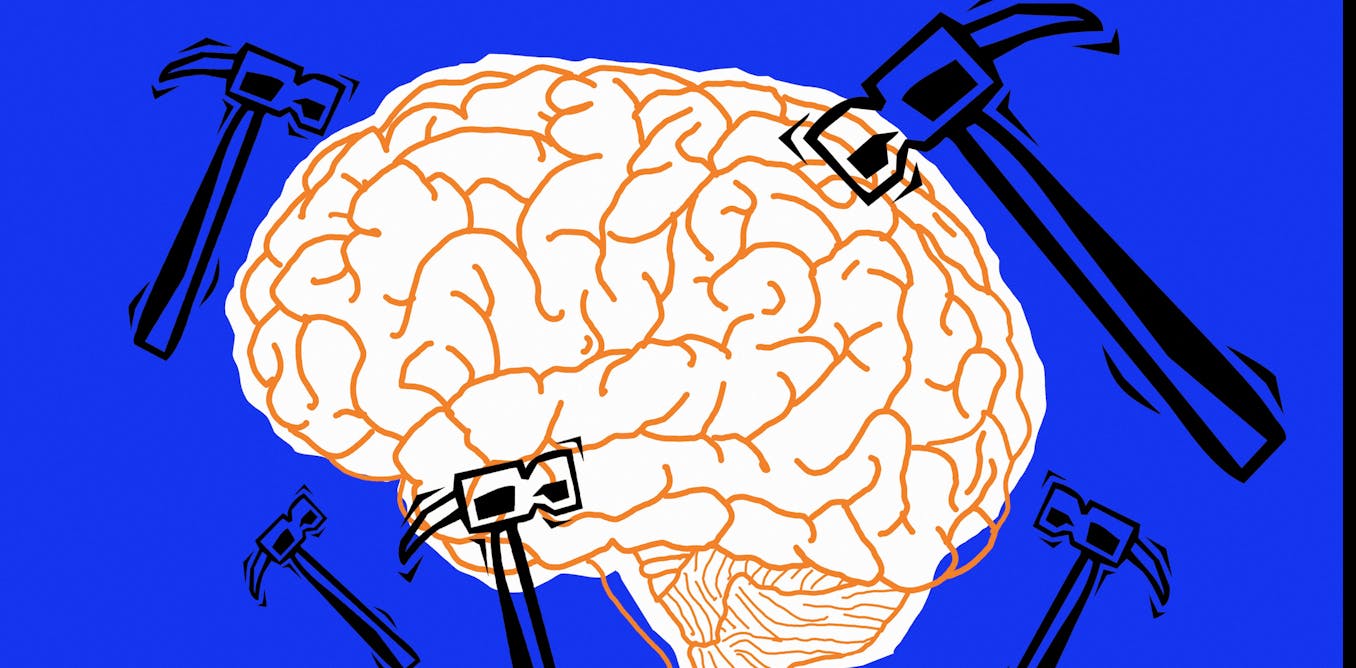We’ve been here before: AI promised humanlike machines – in 1958
Enthusiasm for the capabilities of artificial intelligence – and claims for the approach of humanlike prowess –has followed a boom-and-bust cycle since the middle of the 20th century.
Feb. 29, 2024 • ~8 min










